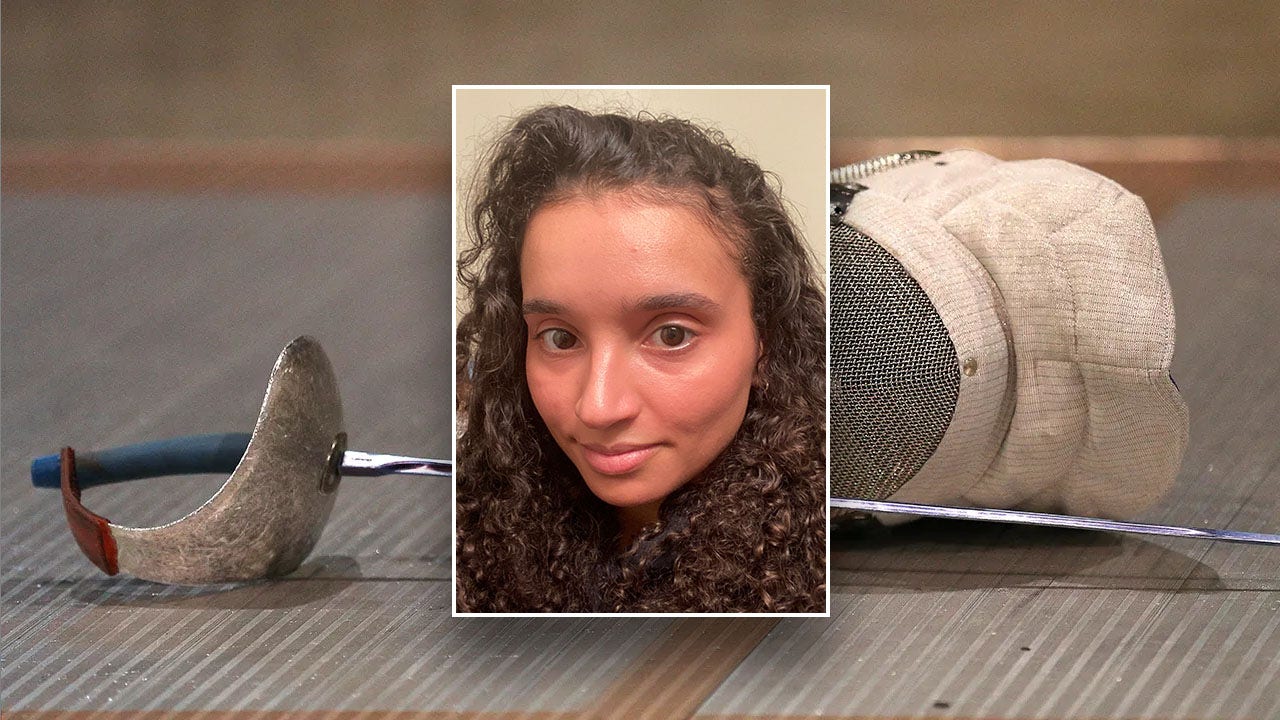FHEIs planning to open campuses in India should be ranked in the top 500 in the overall category of global rankings
(Representative Image)
While these FHEIs would have total autonomy over their admissions process and fee structures, the UGC will retain the authority to monitor their operations
At least ten universities from across the globe have registered with the Foreign Higher Education Institutions (FHEIs) portal since the University Grants Commission (UGC) notified the rules allowing the entry of foreign universities to set up and operate their campuses in India, last month, News18 has learnt.
The UGC, which is the higher education regulator in India, had on November 9 notified the rules titled- ‘UGC (Setting up and Operation of Campuses of Foreign Higher Educational Institutions in India) Regulations, 2023’. A portal to facilitate the application process for the same was launched on November 10.
According to a top official, around 10 universities have registered on the portal so far. “The institutions that have registered are from different parts of the world including the UK, Europe, Australia and the US, among others. Also, there have been enquiries about the procedure from many others,” the official said.
According to the regulatory framework, FHEIs intending to establish campuses in India should have secured a position within the top 500 in the overall category of global rankings or should have secured a position within the top 500 in the subject-wise category of global rankings or should possess outstanding expertise in a particular area.
“As per procedure, it may take some time for the universities that have registered to upload the requisite documents. We are hoping that in the next two-three months, these universities complete the process of uploading documents and then pay the processing fee. Once this step is complete, the panel set up by the Commission to scrutinise applications will start examining them,” said Prof M Jagadesh Kumar, UGC chairperson.
The UGC had set up a Standing Committee to review the applications. The Committee has to place its recommendations before the Commission within 60 days from the date of receipt of the application. The UGC also has 60 days to come up with a decision, and once approved by it, the universities have time till two years from the date of the approval granted to set up their campus in India.
“We are hoping that by next year we have some academic programmes being run by the FHEIs here,” he added.
While it cannot be said at the moment what academic programmes these universities may begin offering here, Kumar said that the FHEIs are also enquiring about the current demand in the higher education sector in India.
“Engineering and management have been the most popular fields in India so far, but even then there are other areas such as design, agriculture and fashion technology, among others, that we may have academic programmes coming in,” he said.
Meanwhile, the rules state that while these universities will have complete autonomy to decide their admission processes and fee structure, the Commission will retain the power to keep a close watch on the operations of these universities.
The regulations also state that the FHEIs must ensure that the international faculty appointed to teach at the Indian campuses shall stay in India for at least a semester
FHEIs can offer study programmes leading to the award of certificates, diplomas, degrees, research and other programmes at the undergraduate, postgraduate, doctoral and post-doctoral levels. However, they will not be allowed to offer courses online or in Open and Distance Learning modes.
















































